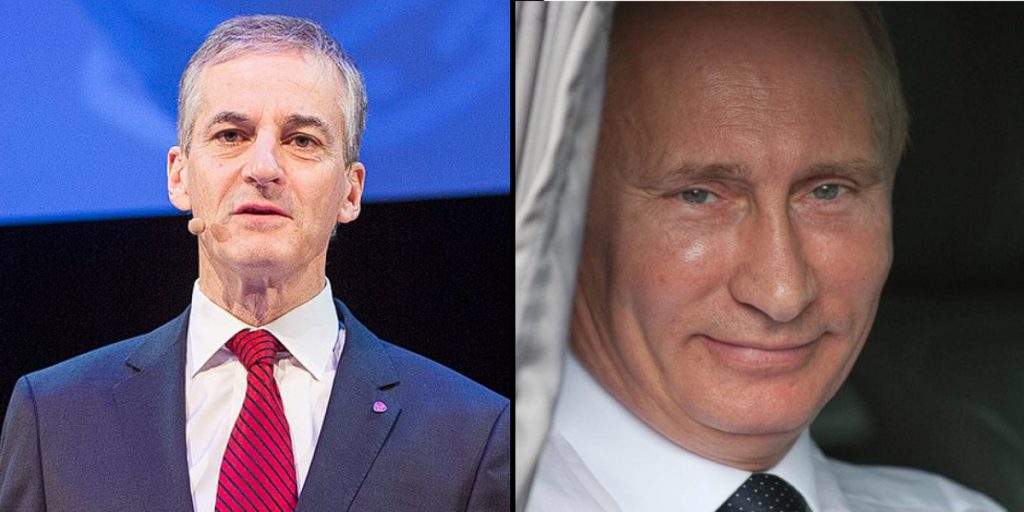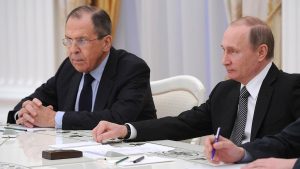More bad news for Russia.
Others are reading now
In a significant development, Norway is contemplating the closure of its only border checkpoint with Russia, mirroring actions taken by other European nations.
Prime Minister Jonas Gahr Støre, during a speech at the LO Stats cartel conference, revealed this potential move, which would mark a notable shift in Norway’s border policy.
The Prime Minister was responding to queries about whether Norway should follow Finland’s lead in tightening border controls with Russia. He noted that the Norwegian government is keeping a close eye on the evolving situations in Finland and Estonia, two countries that have recently adjusted their border policies in response to the ongoing geopolitical tensions.
The sole checkpoint in question, “Storskog” (“Borisoglebsky”), lies on the border between the Norwegian province of Troms and Finnmark and the Murmansk region of Russia. This checkpoint serves as the primary, and currently only, border crossing point between the two countries.
Also read
This consideration by Norway comes in the wake of Finland’s decision to close all but one of its border checkpoints with Russia until December 23. The Russian Foreign Ministry has expressed strong protest against Helsinki’s decision, criticizing it as hasty and unilateral.
Moscow contends that this move infringes upon the rights and interests of thousands of Russians and Finns, and has described the justifications regarding migrant concerns and alleged Russian orchestration of refugee flows as provocative and detrimental to bilateral relations.
Dmitry Peskov, the press secretary of the Russian President, has expressed deep regret over what he terms as the ‘Russophobic position‘ now being adopted by leaders of neighboring countries. Addressing accusations leveled against Russian border guards, Peskov emphasized their adherence to all regulations and procedures, asserting that border crossings are utilized only by individuals with legal authorization.
The potential closure of the Storskog checkpoint by Norway, if implemented, would represent another escalation in the growing isolation of Russia from its European neighbors, further complicating the already tense regional dynamics.








